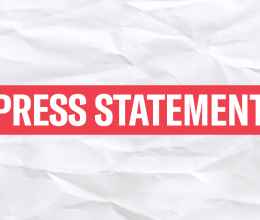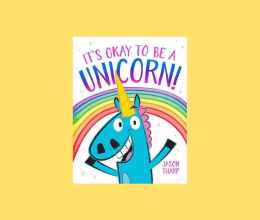As Americans, we have the right to peacefully protest. Our nation was founded on political dissent, and joining others in peaceful assembly is vital to a thriving democracy.
Although protesters are clearly protected by the First Amendment, challenges from law enforcement to the right to protest have come in many forms, including mass arrests, illegal use of force, curfews and even corralling protesters into so-called “free-speech zones.” Increasingly, new surveillance technologies are used to collect information on an individuals’ activities by their association with or proximity to a given protest. Even without active obstruction of the right to protest, fear of police intimidation can chill public expression and result in self-censorship.
Q: Do counter-demonstrators have free speech rights?
- Yes. Although counter-demonstrators should not be allowed to physically disrupt the event they are protesting, they do have the right to be present and to voice their displeasure. Police are permitted to keep two antagonistic groups separated but should allow them to be within the general vicinity of one another.
The ACLU monitors the government's respect for this foundational right. We intervene and advocate—through police departments, the courts, the state legislature, and Know Your Rights presentations and materials—so everyone’s right to protest is respected.
Protesters! You Have Every Right To:
- Peacefully assemble to exercise your First Amendment right to protest.
- Generally, you can protest in “public forums” such as streets, sidewalks, and parks. (Private property owners can set rules for speech on their property.)
- Some events require permits. For example, you may need a permit for:
- A march that will block traffic or close streets;
- A rally that uses amplifiers; or
- Group demonstrations at certain parks or plazas.
- Distribute literature, chant, and engage passersby in public spaces without a permit.
- Photograph or videotape the police in public space.
Know Your Rights Surveillance and Monitoring Militarization of Police Search and Seizure Police Encounters and Arrests Demonstrations and Free Speech
Learn More About Your Right to Protest
- Protesting in Cleveland? Here's What You Need to Know
- Protester Alert: Groups Do Not Need Parade Permits to Protest in Cleveland, Says ACLU - 8/6/2015
- ACLU Releases Protester Advisory - 5/23/2015
- Protesters: Know Your Rights!
- Protesters Know Your Rights - Wallet Card - Download to print and share
- What to Do If You Are Stopped By the Police
- If You Are Stopped By the Police - Wallet Card - Download to print and share
- Know Your Rights Q&A: Demonstrations and Protests
- The Right to Photograph or Videotape Police
- Photographers' Rights (general)
- Follow the ACLU of Ohio on Twitter and Facebook.
- Want a "Know Your Rights" Presentation? Request a Speaker.
- Need Legal Help? Fill Out Our Online Complaint Form.




